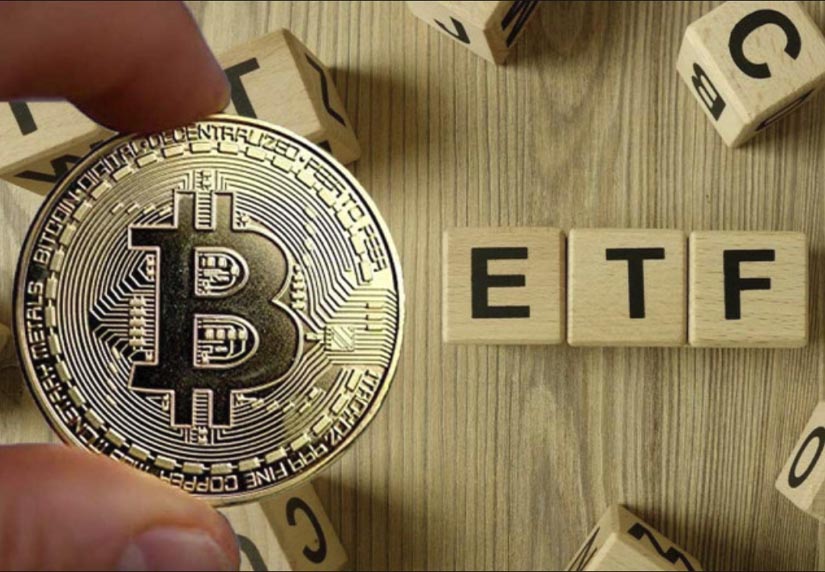The impending launch of Bitcoin (BTC) exchange-traded funds (ETFs) is generating unprecedented buzz on Wall Street, with projections pointing to up to $100 billion in cryptocurrency investment potential.
This long-awaited event marks a turning point for investment in digital currencies, with the expectation that both institutions and retail investors will immerse themselves in the world of cryptocurrencies.
After years of rejections by the U.S. Securities and Exchange Commission (SEC), the SEC is anticipated to approve, possibly in mid-January or earlier, ETFs focused on buying and selling Bitcoin.
This move represents an opportunity for redemption for digital asset advocates, especially after the crisis triggered by the collapse of FTX, which had sown doubts among cryptocurrency skeptics in traditional finance.
With the likely participation of giants such as BlackRock, Fidelity and Invesco, the Bitcoin ETF market is expected to reach $100 billion in the future, according to Bloomberg Intelligence estimates.
The news has sparked conversations among investment professionals, such as Galaxy Digital Holdings Ltd.’s recent event in collaboration with Invesco Ltd., which attracted around 300 experts to discuss potential Bitcoin allocation as the ETF launch nears.
Jeff Janson, financial advisor at Summit Wealth in Naples, Florida, anticipates a significant increase in institutional interest once the SEC grants approval, anticipating significant allocations toward Bitcoin in investment portfolios.

However, despite positive expectations, the aftermath of the post-FTX crash continues to weigh on investor sentiment, leading to a more cautious approach from some participants.
Market volatility and memories of the FTX incident have tempered interest, with Bitcoin still far from its 2021 peak.
The introduction of Bitcoin ETFs is seen as a game changer
The launch of ETFs allows a direct and simplified route for fund managers to include cryptocurrency investments in their clients’ portfolios.
Chuck Cumello of Essex Financial Services, highlights the convenience and ease of incorporating Bitcoin through an ETF, especially in investment advisory accounts.
Despite the expectations, Laila Pence of Pence Wealth Management advises caution, noting lower interest among younger clients due to improved stock market performance.
He questions the need to take risks when there are safer and more reliable options, like the S&P and Nasdaq, which have performed well.
For cryptocurrency advocates, the ETF represents more than just an investment avenue; it means the normalization of a previously discredited asset class.
Coinbase emphasizes that the ETF’s transparency and liquidity could pave the way for institutional participation in lending and derivatives trading, potentially reshaping market dynamics in unprecedented ways, albeit over time.


